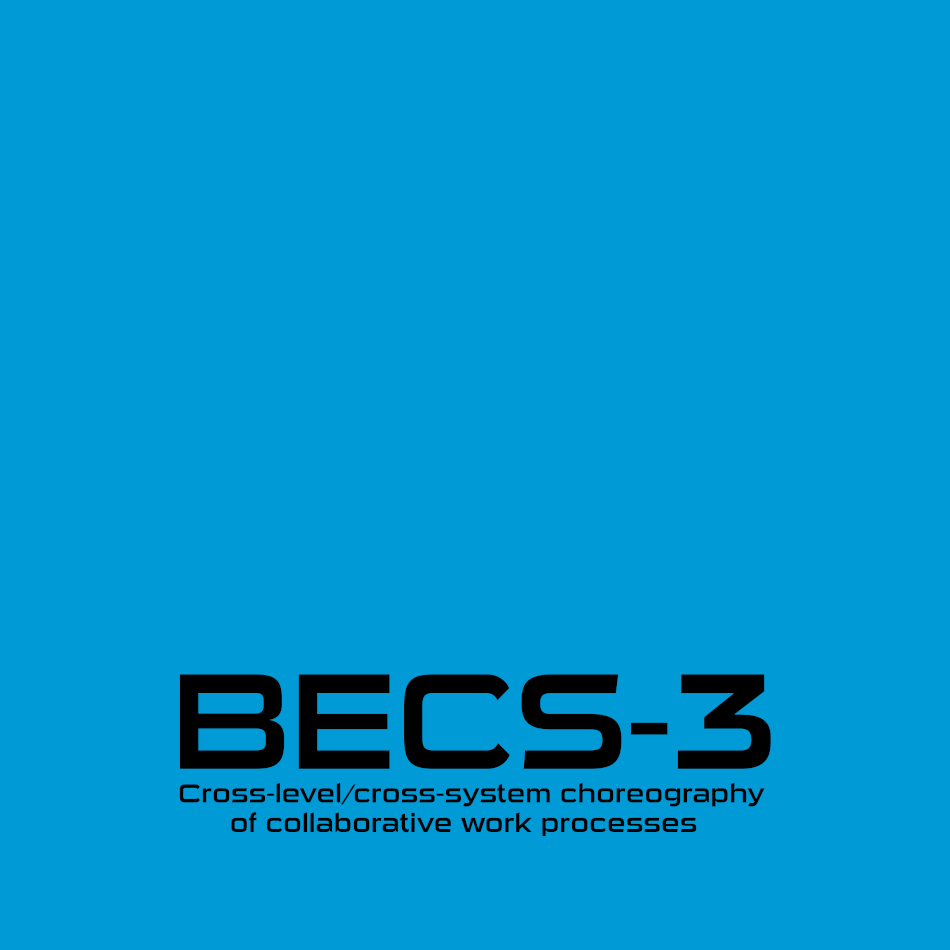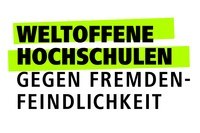Visit profile

BECS: A Sociotechnical Framework for ECS Benefits Realisation (Phase 3)

BECS-3
The aim of phase 3 of the project is to investigate collaborative work processes in large, heterogeneous collaboration platforms across systems (cross-system) and levels (cross-level) and to gain theoretical insights into the orchestration and choreography of collaborative work.
Phase 3: Cross-level/cross-system choreography of collaborative work processes
The Benefits of Enterprise Collaboration Systems (BECS) project Phase 2 investigated and theorised the processes of digital transformation and developed a framework and methods for capturing and measuring digital transformation capabilities. Two key outputs arise from this research: (1) the MoBeC Framework and (2) the ECS Metrics Profile. The MoBeC Framework identifies capabilities and resources required for realising ECS benefits and change and the ECS Metrics Profiles are used to measure the benefits. Together they are used to investigate the benefits of an ECS project. The findings, gained through organisational case studies and ECS system data revealed that benefits may be realised through unanticipated paths (which evolve over time) and while outputs may remain the same, unanticipated outcomes and benefits are being realised.
These research findings enable us to now extend the scale and scope of the research programme to examine digital work processes in greater depth. Specifically, the aim of BECS-3 is to extend this work to investigate cross-level, cross-system collaborative work processes in large-scale, heterogeneous collaboration platforms and contribute to theorisations about the orchestration and choreography of collaborative work. The proposed research serves theoretical, methodological and practical imperatives.
Theoretical insights are derived from in-depth investigations of constellations of collaborative work through the analysis of social documents and associated collaboration scenarios. These are then extended through examination of the cross-level, cross-system orchestration of collaboration work processes to identify how work is orchestrated across an enterprise collaboration platform.
Methodological advancements are made through the further development of novel computational and trace ethnography methods and tools, which are tested and applied to collect and analyse data about cross-system coordinative practices in large-scale collaboration platforms. These methods enable the visualisation of collaborative work and enable deeper analysis and theorisation of the transformation and orchestration of digital work.
Timeliness/practical relevance: The imperatives for this work have been identified through our ongoing work with organisations participating in the IndustryConnect research community and have direct relevance to their initiatives to extend the digital workplace and provide cross-system, cross-organisation support for collaborative work. In addition, there is the further, urgent imperative for this work arising from the current Covid-19 situation. The catalyst of Covid-19 is raising questions and challenges regarding the future support of work and accelerating the pace of change in the digital workplace, making the proposed research not only relevant to organisations but providing a unique opportunity to extend our existing longitudinal organisational case studies to track and theorise these changes.
Fundings & Partners










